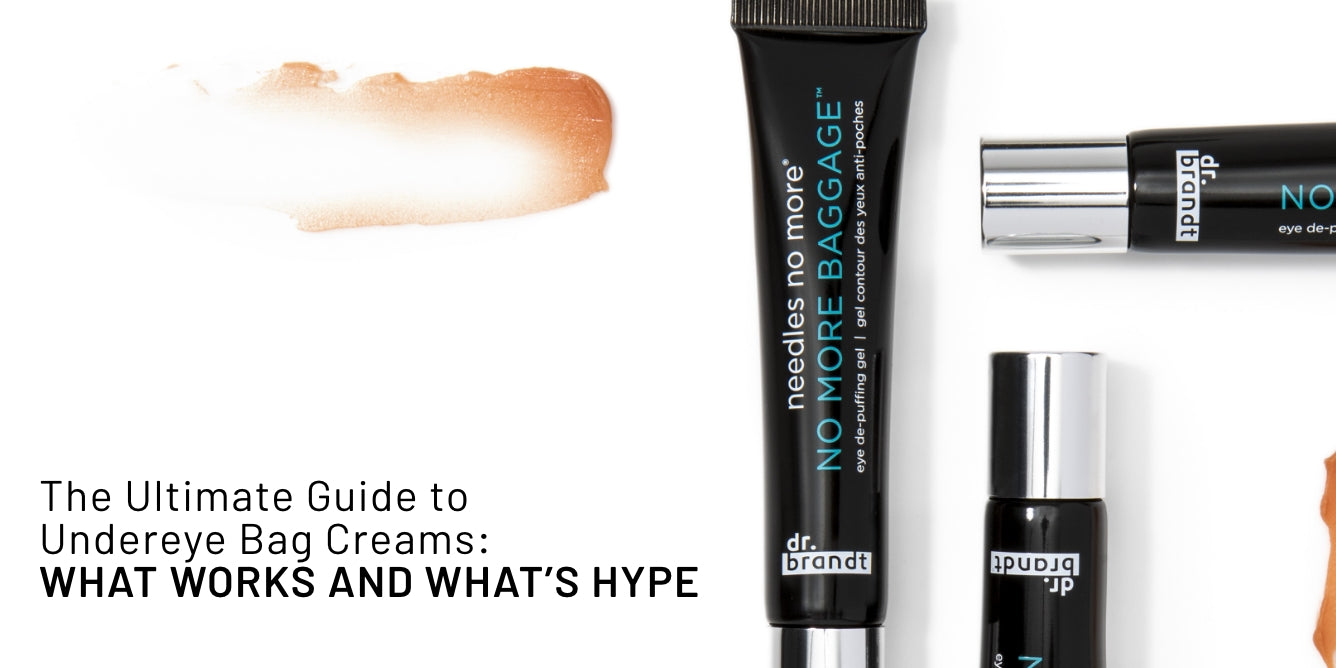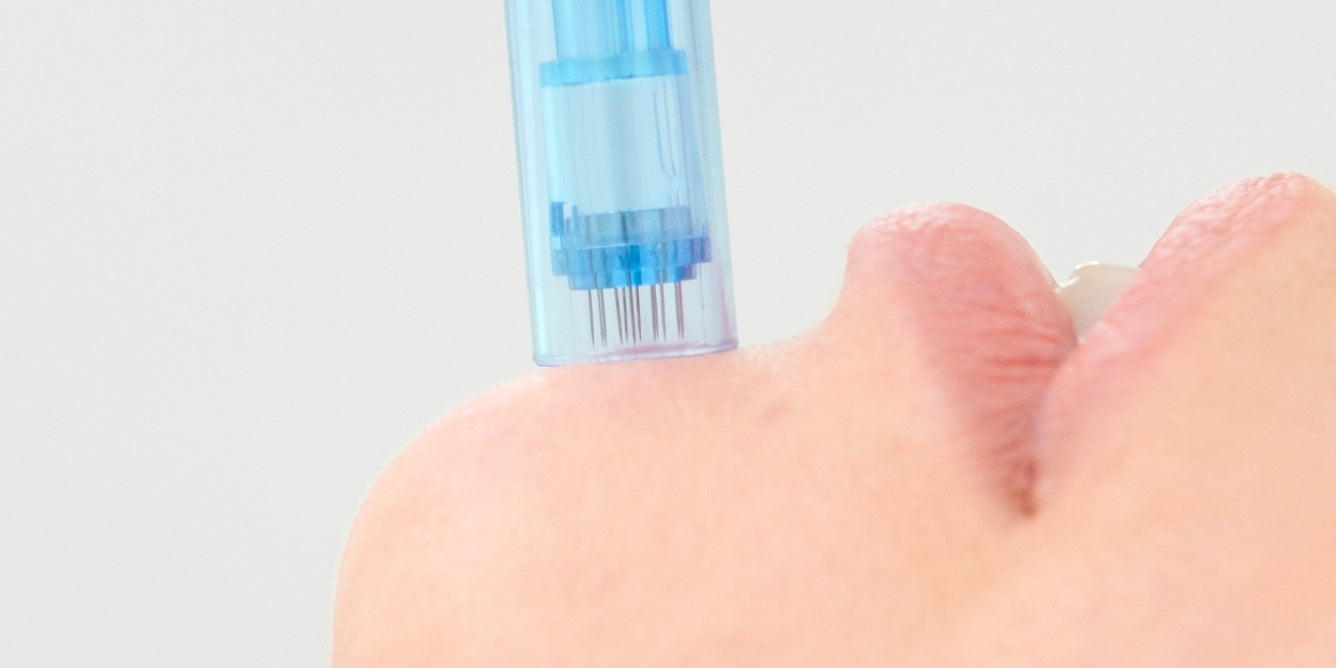
Our skin is the largest organ of our body and it takes an overall approach of our habits and what surrounds us to prevent skin disease and treat skin issues.
Integrative dermatology is an upcoming field of study that encompasses the coordination of traditional or conventional dermatology Treatment with complementary therapies for diagnosis and treatment of dermapathologies. The integrative dermatology approach goes beyond prevention and herbal treatments, it considers the physical, biological, psychological, social and environmental factors that affect the lives of patients with dermatological diseases.
What is integrative dermatology?
The principles of this international subspecialty of dermatology are:
- To promote dermatological health management and prevent disease
- The use of conventional and complementary therapies
- To correlate the concept of the Psycho-Neuro-Endocrine-Immune System with the physical health of the skin
- To offer personalized dermatological healing care
- To promote a patient’s empowerment and autonomy
- To explore and review the friendly connection between nature, health and beauty
- To protect and promote a patient's rights and ethics
- To incorporate the concepts of quality of life and a balanced life into dermatology
Why Dr. Brandt Skincare focuses on integrative dermatology
The environment plays a crucial role in the skin’s conditions. The skin is an important interface organ between an individual and the environment. Environmental-based causes of skin diseases include a vast array of physical, chemical and biological agents. Exposures to ultraviolet radiation, smoke, pollution, heat, cold, toxic chemicals or prolonged and repeated exposure to water may cause skin reactions. It is the level of exposure that determines if damage will result in time.
Here is a more detailed look at how some common environmental factors can cause skin problems and skin aging
UV RADIATION: Sun Damage is due to UV exposure without protecting your skin. UV radiation is considered a “complete carcinogen” because it is both a mutagen and a non-specific damaging agent, so it has properties of both a tumor initiator and a tumor promoter which could develop cell carcinoma or melanoma. UV has evidence that it is the most important risk factor for skin cancers and many other environmentally influenced skin changes such as atrophy, pigmentary changes, wrinkling and malignancy.
SMOKE: Cigarette smoke causes unfavorable skin changes, quickens the natural process of skin aging and intensifies the course of a wide number of skin diseases, including cancer.

POLLUTION: Pollutants may activate cutaneous metabolism and inflammatory pathways and induce oxidative stress by lowering the levels of antioxidants. Pollution intensifies the signs of skin aging such as facial lentigines and wrinkles, reduces skin moisture, increases the rate of sebum excretion and likely exacerbates the symptoms of common skin conditions or chronic inflammatory skin diseases (eczema, psoriasis for example), as well.,
TOXIC CHEMICALS/ REPEATED EXPOSURE TO WATER: Chemicals can be absorbed through the skin. Hundreds of chemicals such as metals, epoxy and acrylic resins, rubber additives and chemical intermediates have been identified to cause direct and immune-mediated reactions such as contact dermatitis or urticaria. Exposure to complex mixtures, excessive handwashing, use of hand sanitizers and high frequency of wet work may enhance penetration of these chemicals and stimulate other biological responses altering the outcomes of dermal chemical exposure that lead to skin diseases.
Our skin advisory board of foward-thinking experts in integrated dermatology
Together with the below members of our Skin Advisory Board of forward-thinking experts in integrative dermatology, Dr. Brandt Skincare will continue to create groundbreaking skin solutions that also enhance wellbeing.
KATLEIN FRANÇA, MD, PHD: An Assistant Professor at the Department of Dermatology and Cutaneous Surgery and Department of Psychiatry and Behavioral Sciences, and faculty at the Institute for Bioethics and Health Policy, University of Miami Miller School of Medicine, Miami, FL, USA. She is also the President of the World Health Academy of Integrative Dermatology and author or editor of several dermatology textbooks, including Advances in Integrative Dermatology, Stress and Skin Disorders and Geriatric Psychodermatology.
Dr. Shasa Hu: An American Board-Certified Dermatologist and associate professor at the University of Miami Miller School of Medicine. She has earned numerous accolades both for her medical and surgical practice and research endeavors.
Melissa Fox: An esteemed celebrity facialist and skincare industry expert who is the recipient of the highest honor in the aesthetic industry, the CIDESCO Diplomate.
Molly Knaur: A registered dietitian with a master’s degree in clinical nutrition who helps her clients eat mindfully and create healthier habits that keep them looking and feeling their best.
Support the Dr. Brandt Foundation
The Dr. Brandt Foundation is dedicated to mental health and well-being by committing to a safe and healthy way to help, advocate for, and educate individuals and the community. Humans who live with skin disorders can exhibit high levels of psychological distress and therefore their mental health may be impacted. The incidence of psychiatric disorders among dermatological patients is estimated at about 30 to 60%. These psychological and social factors of patients with skin disorders are essential aspects of the integrative health approach. There is a connection between healthy skin and a healthy life.

Korabel H, Dudek D, Jaworek A, Wojas-Pelc A. Psychodermatology: Psychological and psychiatrical aspects of aspects of dermatology. Przegl Lek. 2008;65:244–8
França, K; Lotti, T. Advances in Integrative Dermatology: Modifying the Concepts from the Past to Change the Future of Dermatology (p 1-8) in: Advances in Integrative Dermatology, Wiley, 2019
English JS, Dawe RS, Ferguson J. Environmental effects and skin disease. Br Med Bull. 2003;68:129-42.
D'Orazio J, Jarrett S, Amaro-Ortiz A, Scott T. UV radiation and the skin. Int J Mol Sci. 2013;14(6):12222–12248. Published 2013 Jun 7. doi:10.3390/ijms140612222
Urbańska M, Nowak G, Florek E.
Araviiskaia E, Berardesca E, Bieber T, et al. The impact of airborne pollution on skin. J Eur Acad Dermatol Venereol. 2019;33(8):1496–1505. doi:10.1111/jdv.15583
Vierkötter A.
Anderson SE, Meade BJ. Potential health effects associated with dermal exposure to occupational chemicals. Environ Health Insights. 2014;8(Suppl 1):51–62. Published 2014 Dec 17. doi:10.4137/EHI.S15258
Korabel H, Dudek D, Jaworek A, Wojas-Pelc A. Psychodermatology: Psychological and psychiatrical aspects of aspects of dermatology. Przegl Lek. 2008;65:244–8




Leave a comment (all fields required)